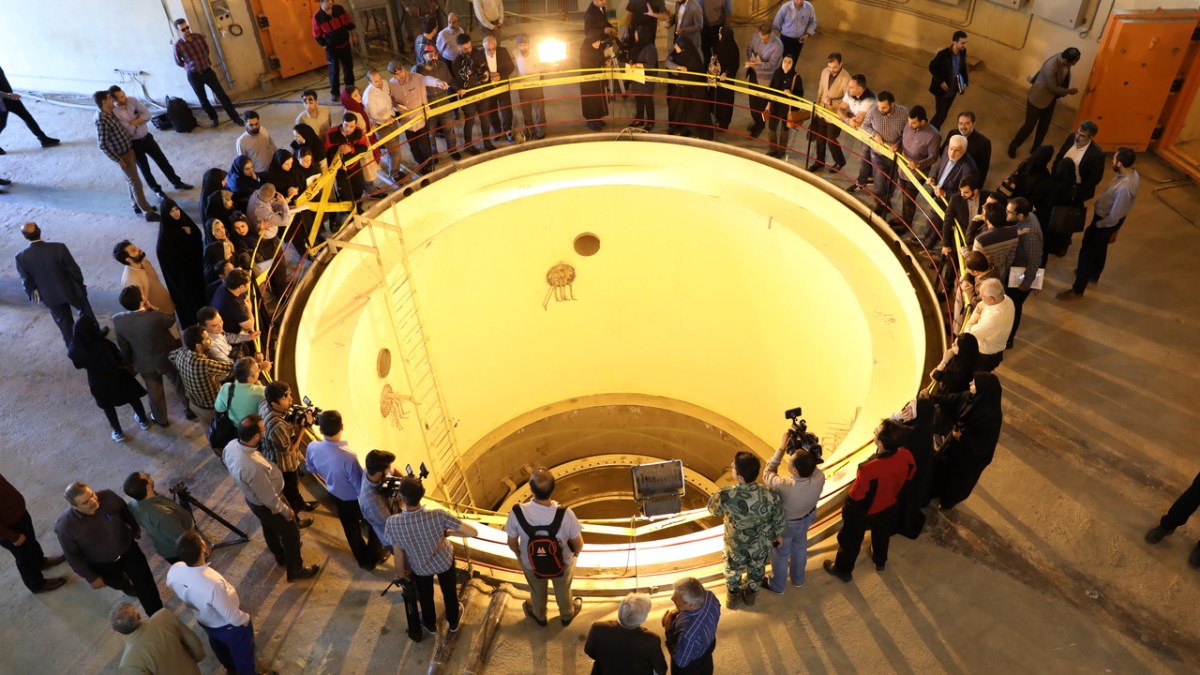The International Atomic Energy Agency announced that no progress was recorded in talks with Iran on finding traces of nuclear materials at 3 undeclared sites.
An IAEA report said that Iran continues to increase its stockpile of highly enriched uranium.
The report revealed that Iran agreed to visit a delegation of IAEA inspectors this month, to obtain answers from Iranian officials about these sites.
Reuters quoted a IAEA report that it expects Iran to begin credible cooperation with IAEA inspectors, including access to the three sites, and sampling as required.
In Washington, State Department spokesman Ned Price said the Iranians had increased their stockpile of enriched uranium.
Price added that he reiterates Washington's concern about the lack of progress in resolving the issue of Iran's uranium stockpile, and that the Iranians should answer the agency's questions and cooperate with it.
He explained that Washington is concerned about the development that Iran has achieved in its nuclear program and its support for terrorist groups, in addition to its repression of its own people.
Iranian cooperation
On the other hand, Iranian Foreign Minister Hossein Amir Abdollahian said - in a telephone conversation with United Nations Secretary-General Antonio Guterres - that the dialogue and technical cooperation between Tehran and the International Atomic Energy Agency is proceeding on an appropriate path.
Abdullahian reiterated his country's vehement denials that it sent marches to Russia with the aim of using them in the war in Ukraine.
Abdullahian criticized the position of some Western countries towards the protests in Iran, describing them as unconstructive and considering that they encouraged violence in Iran, as he put it.
The 2015 deal curbed Iran's nuclear activities in exchange for relief from Western sanctions.
In 2018, former US President Donald Trump withdrew his country from the agreement and re-imposed US sanctions on Tehran.
Iran responded by violating restrictions in the deal.
Iran recently installed hundreds of advanced centrifuges, machines that enrich uranium, at its underground facilities at Natanz and Fordow.
The 2015 agreement only allows Iran to produce enriched uranium in first-generation centrifuges.
The International Atomic Energy Agency report showed that Iran's stockpile of enriched uranium shrank slightly, dropping by 267 kilograms to an estimated 3673.7 kilograms, but it still far exceeded the 202.8 kilograms allowed under the agreement.
And its stockpile of enriched uranium with a purity of 60%, which is close to the weapons-grade level of about 90%, increased by 6.7 kilograms to more than 62 kilograms.
This is quite enough, in the case of increased enrichment, to make one nuclear bomb.
Iran denies seeking nuclear weapons, saying its nuclear technology is for civilian purposes only.

